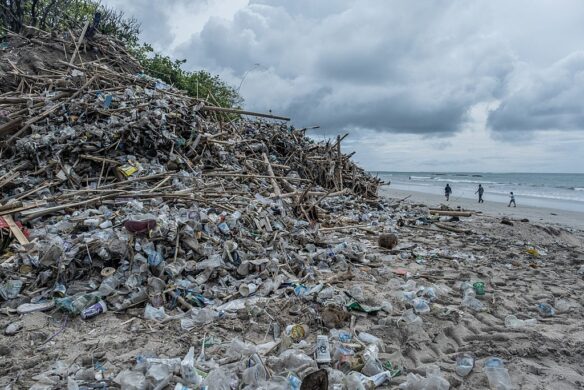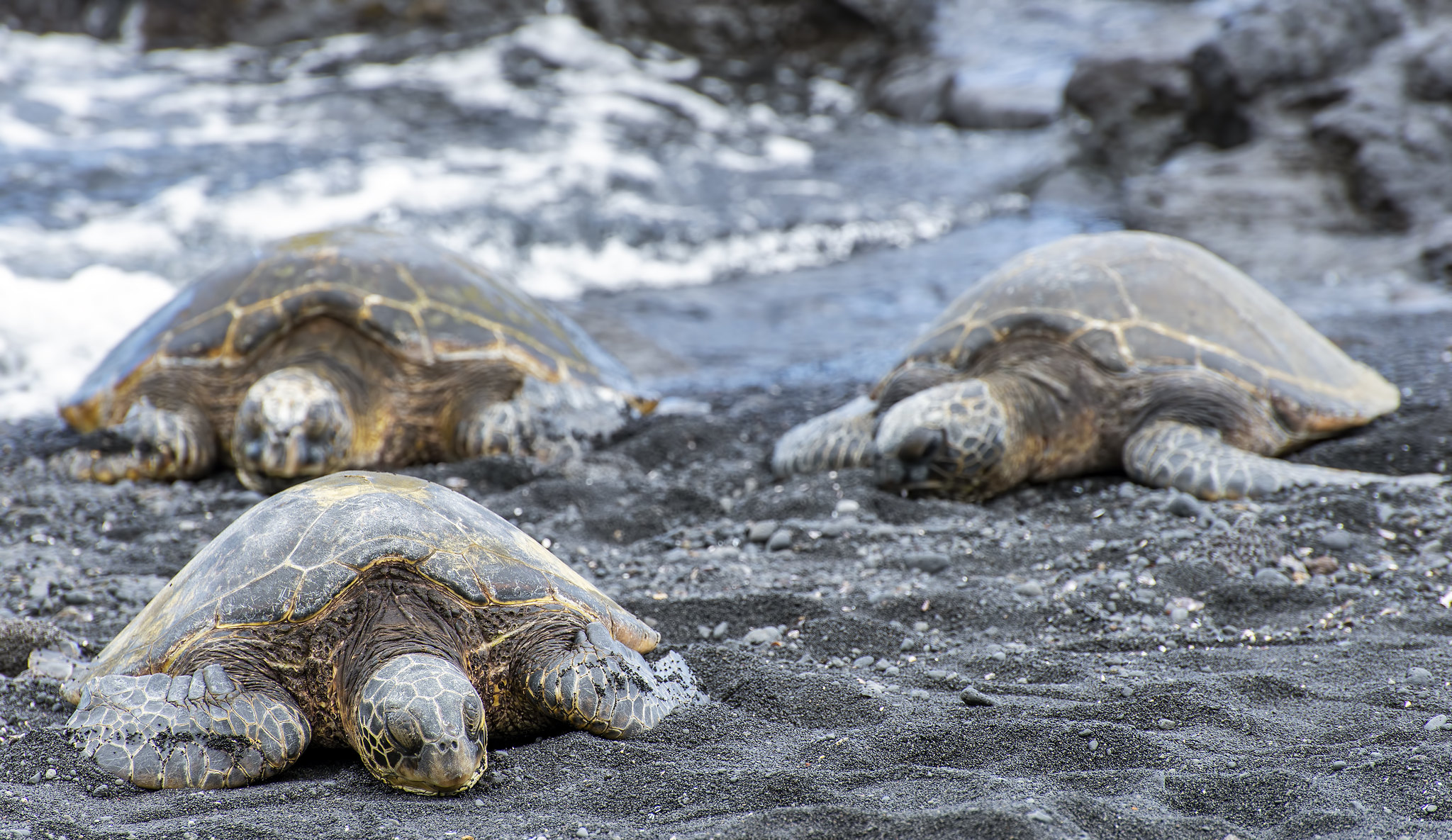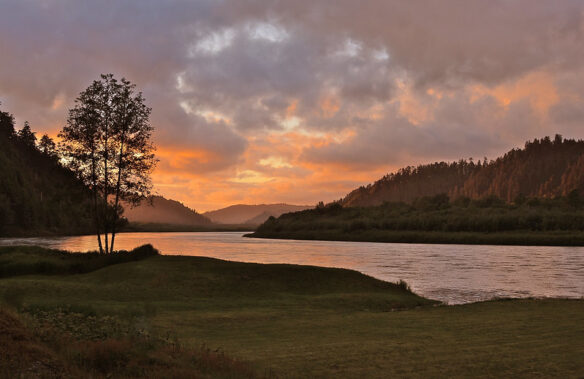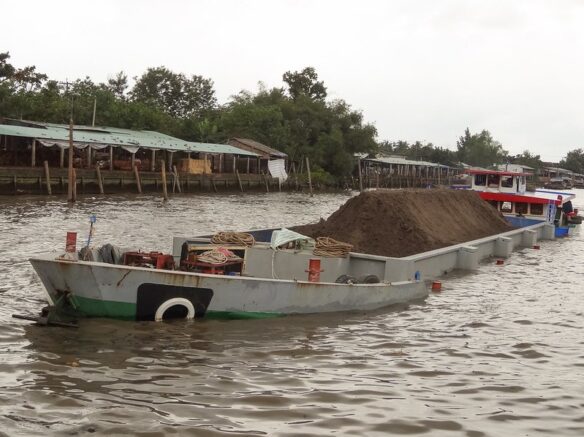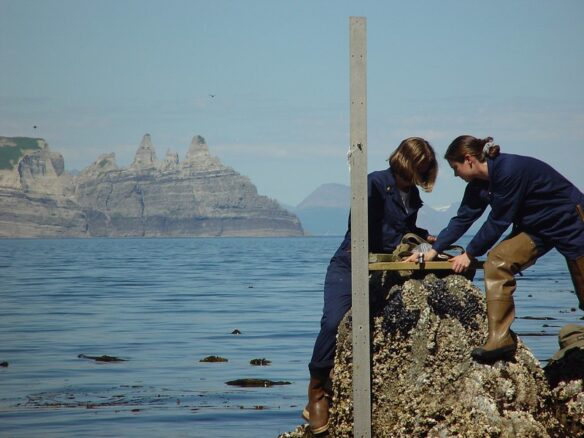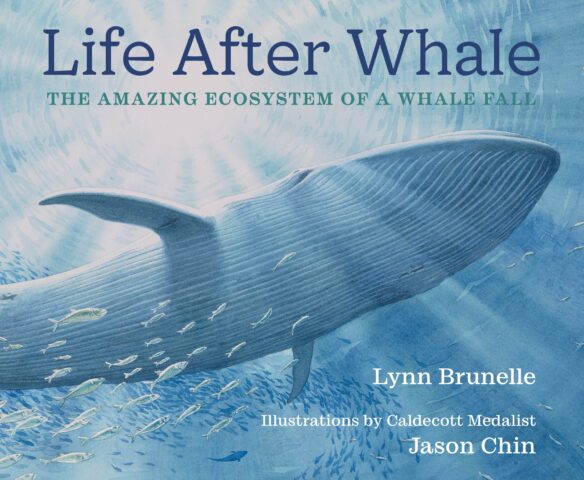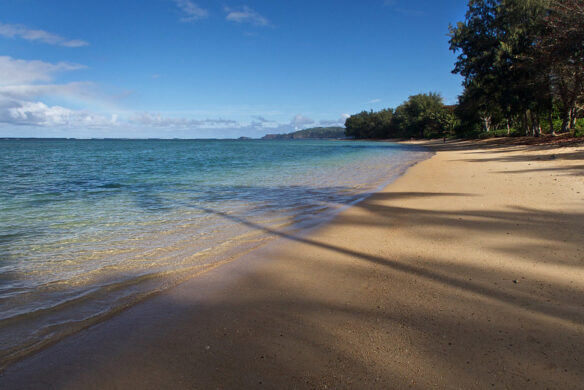Commissioners granted standing for petitions in a contested case hearing filed by the Center for Biological Diversity and ‘Iewe Hanau o Ka ‘Āina. Both organizations object to the special use permit sought by Black Sand Beach LLC to develop Punalu‘u Village on 147 acres around Punalu‘u Black Sand Beach Park, about 6 miles southwest of Pāhala.
The park and property, which is located in the former Sea Mountain at Punalu‘u resort area, are east of Hawai‘i Belt Road (Highway 11) off Nīnole Loop Road.
Standing was denied for a third petition from the Association of Apartment Owners of Colony 1 at Sea Mountain. The condo and resort facility is located within 300 feet of the proposed development.
Because standing was granted for two of the three petitions, commissioners deferred making a decision on the special use permit. They also consolidated the approved petitions into one hearing with no objection from representatives of the petitioners and developer.
The proposed development, which could cost up to $350 million, has run up against a wall of opposition from Ka‘ū community members, residents from elsewhere throughout Hawai‘i and even people from the mainland who say it not only threatens the environment, it would desecrate cultural sites.
There also are concerns about the cost of living increasing because of the development, outside influence in the community, destruction of the pristine Punalu‘u coastline, threat of wildfire because of the state of the former resort buildings, larger numbers of people in the area and loss of a way of life along with historical and generational knowledge, among others.
The Center for Biological Diversity has a legally protected interest in the survival and recovery of endangered and threatened species and their habitats.
Members, some of whom are descendants of Native Hawaiians who inhabited the Hawaiian Islands prior to 1778, have a vested interest in the species, habitat and natural and cultural environment at Punalu‘u, which would be impacted by the proposed development.
Maxx Phillips, Hawai‘i program director and staff attorney for the center, said after Monday’s meeting that the commission made the right decision to grant her organization standing in the contested case hearing.
“Not only for the endangered and threatened species of Punalu‘u, but for our lāhui [people] of Punalu‘u, whose traditional and customary practices need to be protected at all costs,” said Phillips.
She said a development the size of the proposed Punalu‘u Village — which would include 225 residential and short-stay units, a village and wellness center, rehabilitation of an existing golf course and tennis facilities, as well as extensive infrastructure — needs an updated and valid environmental impact statement, especially when an upgraded wastewater system is also necessary.
“There’s no way that this commission, let alone the community, will know the true impacts of a development like this without having all the facts in front of them,” Phillips said. “A developer can’t rely on outdated data. The developer cannot rely on using Hawaiian words and brownwashing and greenwashing a development of this magnitude for rural Ka‘ū. The developer needs to actually show what the true impacts will be, which are going to be huge…”
